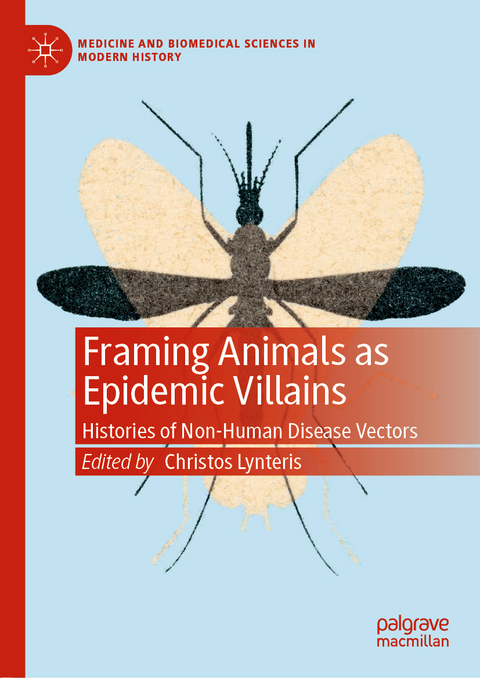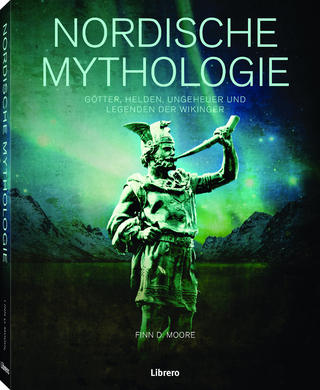
Framing Animals as Epidemic Villains
Springer International Publishing (Verlag)
978-3-030-26794-0 (ISBN)
Christos Lynteris is Senior Lecturer in Social Anthropology at the University of St Andrews, UK. A medical anthropologist investigating epistemological, biopolitical, and visual aspects of infectious disease epidemics, he is the author of The Spirit of Selflessness in Maoist China (Palgrave Macmillan, 2012) Ethnographic Plague (Palgrave Macmillan, 2016), and co-author with Lukas Engelmann of Sulphuric Utopias: The History of Maritime Sanitation (forthcoming, 2020).
Introduction: Infectious Animals and Epidemic Blame, Christos Lynteris.- Chapter 1. Vermin Landscapes: Suffolk, England, Shaped by Plague, Rat and Flea 1906-1920, Karen Sayer.- Chapter 2. Tarbagan's Winter Lair: Framing Drivers of Plague Persistence in Inner Asia, Christos Lynteris.- Chapter 3. To Kill or not to Kill? Negotiating Life, Death, and One Health in the Context of Dog-Mediated Rabies Control in Colonial and Independent India, Deborah Nadal.- Chapter 4. Tiger Mosquitoes from Ross to Gates, Maurits Meerwijk.- Chapter 5. A Vector in The (Re)Making: A History of Aedes aegypti as Mosquitoes that Transmit Diseases in Brazil, Gabriel Lopes and Luísa Reis-Castro.- Chapter 6. Contesting the (Super)natural Origins of Ebola in Macenta, Guinea: Biomedical and Popular Approaches, Séverine Thys.- Chapter 7. Zika Outbreak in Brazil: In Times of Political and Scientific Uncertainties Mosquitoes Can be Stronger than a Country, Gustavo Corrêa Matta , Lenir Nascimento da Silva, Elaine Teixeira Rabello, and Carolina de Oliveira Nogueira.- Postscript: Epidemic Villains and the Ecologies of Nuisance, Frédéric Keck.-
| Erscheinungsdatum | 29.10.2019 |
|---|---|
| Reihe/Serie | Medicine and Biomedical Sciences in Modern History |
| Zusatzinfo | XX, 247 p. 16 illus., 1 illus. in color. |
| Verlagsort | Cham |
| Sprache | englisch |
| Maße | 148 x 210 mm |
| Gewicht | 478 g |
| Themenwelt | Geisteswissenschaften ► Geschichte ► Allgemeines / Lexika |
| Geisteswissenschaften ► Geschichte ► Allgemeine Geschichte | |
| Schlagworte | Bacteriology • Carriers and incubators • Ebola • Epidemic control • Global Health • infectious disease • Insects • Mosquitos • One Health • Parasitology • Rabid dogs • Tropical medicine • Zika • zoonotic |
| ISBN-10 | 3-030-26794-6 / 3030267946 |
| ISBN-13 | 978-3-030-26794-0 / 9783030267940 |
| Zustand | Neuware |
| Haben Sie eine Frage zum Produkt? |
aus dem Bereich


